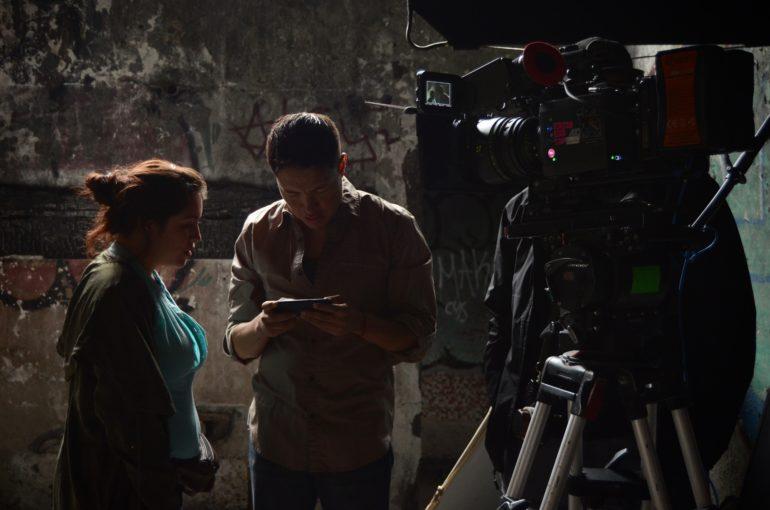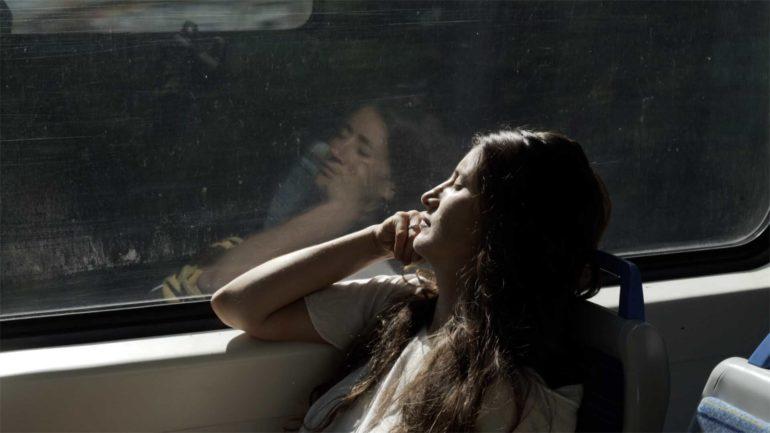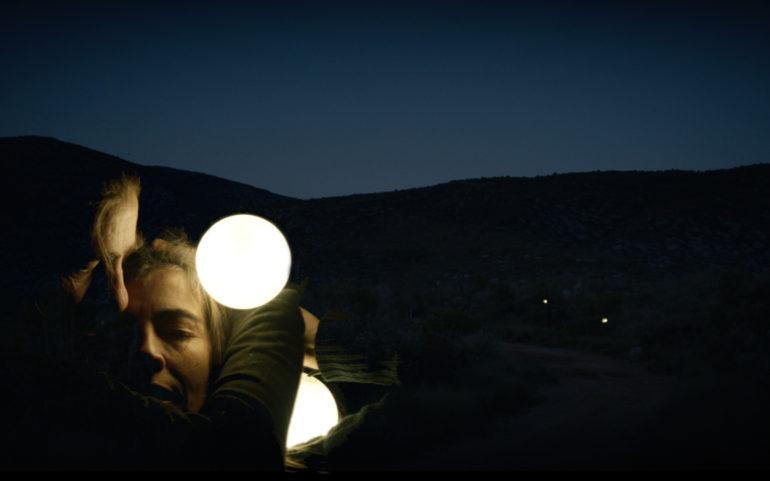Malaga Festival Goes to Cannes with Four Films in Progress
By Jamie Lang
LOS ANGELES (Variety.com) – The Cannes Film Market and Spain’s Malaga Festival have teamed to host a Goes to Cannes pitching session which will allow four works in progress selected at the on-the-rise Spanish festival to pitch in Cannes.
“The Festival de Malaga is aware of the need to create synergies with other markets that allow the growth of the projects that participate in our laboratories,” said Malaga head of industry Annabelle Aramburu.
She added, “The Marché du Film opened its doors to us to fulfill one of the objectives of our industry zone, MAFIZ, which is to collaborate in the evolution and completion of Ibero-American films. With these four projects we show our belief in betting on this cinematography which diverse and novel in its cinematic narratives.”
This year’s four participating films demonstrate a shared nostalgia, sometimes wistful, others critical. The selection is split – half fiction, half documentary – but all four focus on the paths their protagonists have taken to get where they are during the film.
Carlos Lenin Treviño Rodríguez’s “Three-Body Problem” screened at works in progress sections at Morelia and Guadalajara in Mexico, Ventana Sur in Argentina, the Malaga Film Festival and the Toulouse Latin American Film Festival. Rodríguez was previously nominated for a Mexican Academy Ariel Award for his short film “24º 51’ Latitud Norte,” which won San Sebastian’s Orona Award for most innovative short.
His latest follows a displaced couple which has fallen out of love and must fight to recover what they once had. Paloma wants to go back to their home and try to recover their lives, while Lobo has skeletons keeping him away.
“Three-Body Problem” is backed by Mexico’s University Center for Film Studies (CUEC) and Mexican Film Institute (IMCINE) via its Foprocine investment line.
“Sleeping Life” documents Agustina and Bibiana as they seek freedom from their historically patriarchal family, led by a former politician. The film’s narrative is heavily influenced by culture of ‘90s Argentina as three generations of women construct a story, scarred by tension and silence, of their lives both political and domestic, using footage taken by the family’s understated matriarch. In the present, the camera turns on these women and makes them the protagonists of the story.
“I film my family in the same way my grandmother did twenty years ago,” director Natalia Labaké told Variety.
She adds: “I am the direct continuation of an inherited and learned trade, which enabled us to bond with those we love in a unique way. In this film I try to activate that political and family past that helps me to think about the role of women as silent witnesses to a scene that forced us into the margins, regarding both desire and action.”
As the ‘80s New York punk rock movement waned, off-Broadway burlesque shows stepped in as a leading counter-culture movement of the ‘90s, according to Dirty Martini and Tigger, two legends of the movement.
“Glittering Misfits” is the portrait of that subculture and the city which bore it. The camera leads the audience on a tour of the U.S. as experienced by a troupe of artists who’ve never given up the fight against the conservative version of the American Dream so frequently pedaled by mainstream culture. Iban del Campo directed and produced the Spanish production.
“The two protagonists offered me privileged access to their daily life on the stage and in the dressing room, their private lives, their homes and their other jobs while shining a light on the lives of other members in their family of trained performers,” del Campo explained to Variety.
A four-way production between Chile’s Manufactura de Películas, Spain’s Polar Star Films, Argentina’s Pensilvania and France’s Paraiso, “Duo” focuses on a pair of dancers who, after 24 years sharing the stage and an emotional link, look for meaning or a new direction for their relationship by taking a long-dreamed of tour of northwest Chile and Argentina. The road trip through the deserted border landscapes will test their relationship, while the couple offers contemporary dance shows at rural schools, forgotten theaters and remote village squares. The film has received financial backing from ICEC (Catalunya) and INCAA (Argentina).
Lead actors Mónica García and Gonzalo Cunill will be participating in an extensive workshop with leading Latin American choreographers María Muñoz and Pep Ramis from the Mal Pelo and L’aninal a l’esquena dance companies before the film begins shooting between February and April 2020.
The Malaga Goes to Cannes presentations will take place on the afternoon of Saturday, May 18.




